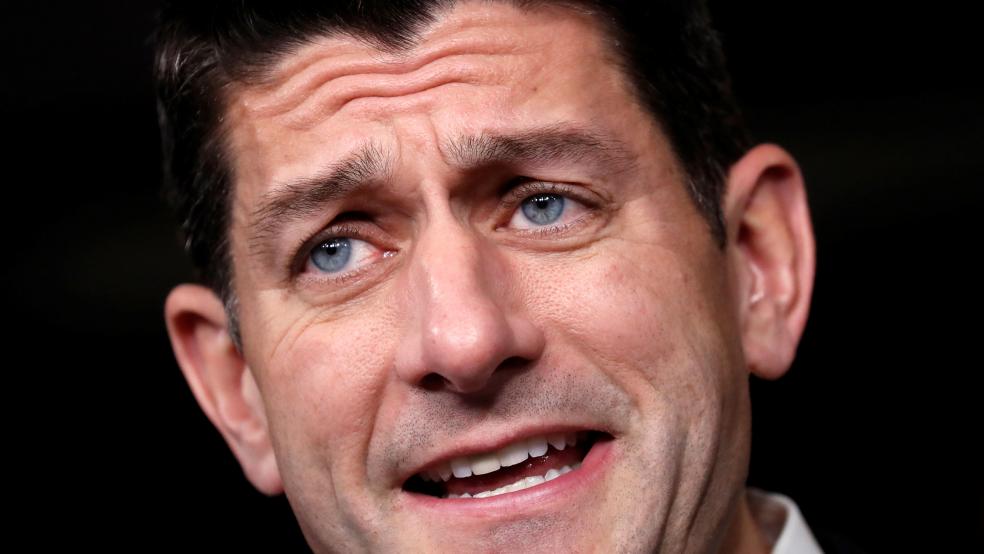Pelosi said Democrats were seeking funding for fighting opioid addiction, veterans, the children's health program, community health centers, disaster funding and a solution for young undocumented immigrants to the United States.
Her statement suggested Republicans would have to find the votes they need to pass the bill among their own members. If a short-term funding measure is not approved by the Republican-led Congress and signed by Republican President Donald Trump, all but the most essential parts of the federal government will shut down.Pelosi told a news briefing that "Democrats are not willing to shut government down," but she also said her members "will not leave here (for the holidays) without a ... fix" to the problem of illegal immigrants who arrived in the United States as children, who are sometimes referred to as "Dreamers."Pelosi said the temporary spending measure before the House on Thursday was a "waste of time." "It has nothing about (the) opioid epidemic. There's nothing about veterans' funding, nothing about CHIP-- CHIP -- children's health insurance, community health centers, nothing about, well, the DREAM Act, among other things," she said.The short-term spending bill does provide some short-term help for states that are running out of money to finance the children's health insurance program for lower-income children, but it stops short of renewing the program, which Congress allowed to expire at the end of September.Pelosi, discussing the immigration issue, said Democrats were willing to accept new funding for border security, but not for a border wall."We’re not going to turn this country into a reign of terror of domestic enforcement and have the Dreamers pay that price," she said.Republicans have a majority in both the House and Senate. But they will need some Democratic support to get the temporary spending bill past Senate procedural hurdles that require 60 votes, since there are only 52 Republicans in the 100-member chamber. (Reporting by Susan Cornwell; Writing by David Alexander; Editing by Eric Walsh and Jonathan Oatis)Pelosi says Democrats will not back short-term funding bill on Thursday

JOSHUA ROBERTS



